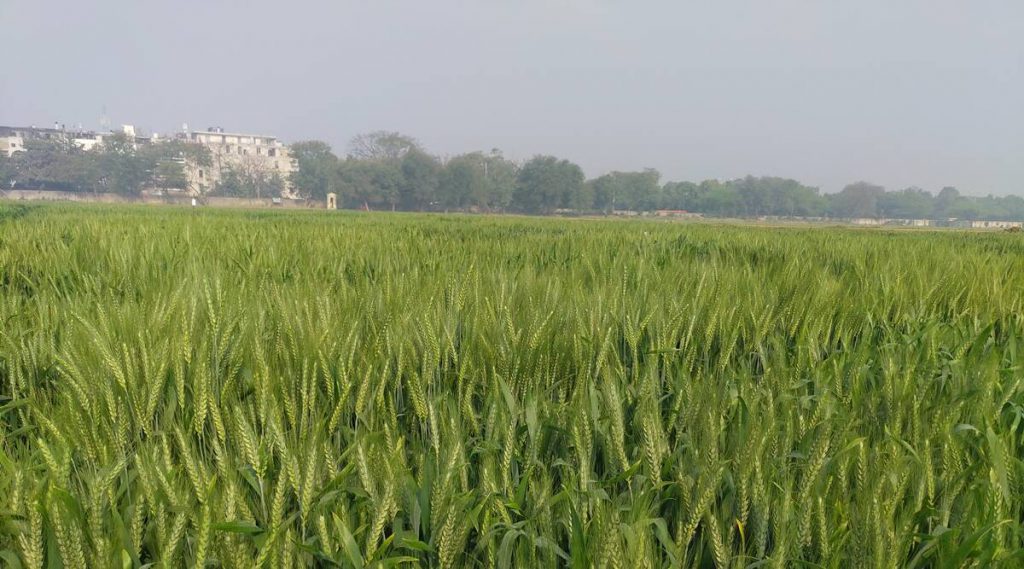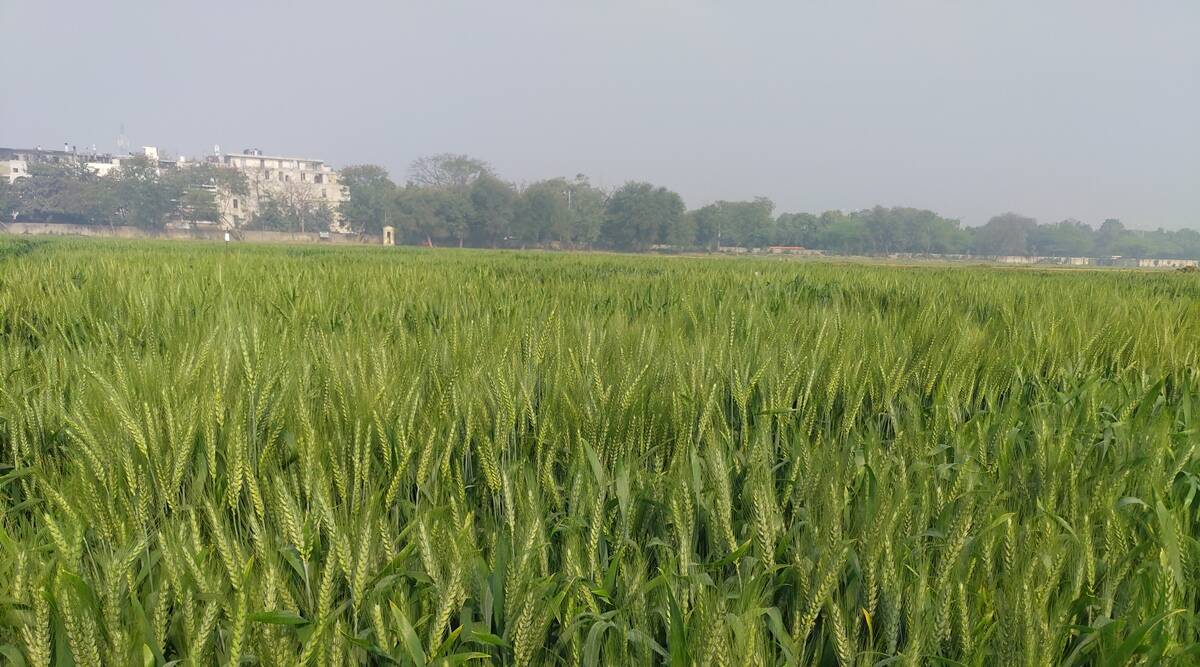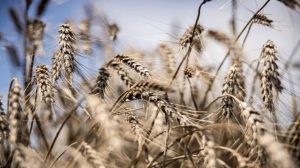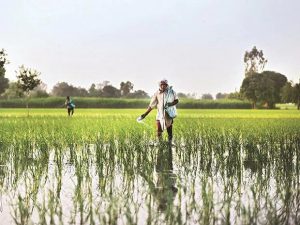The Indian Agricultural Research Institute’s (IARI) Director and Principal Scientist A.K. Singh said there was no impact expected on wheat during the ongoing rabi season, due to a possible early arrival of summer. Talking to reporters here on Thursday, a day ahead of IARI’s convocation, Dr. Singh said there was less likelihood of terminal heat conditions till March 16, and by that time the grain-filling stage of wheat would be over. The IARI would also release new heat-tolerant varieties of wheat that it had developed.
Dr. Singh said the current maximum temperature in the wheat belt of northwest India was between 26 and 32 degree celsius and the minimum temperature was between 12 and 16 degree celsius. “Currently the maximum temperature is above normal by three or four degree celsius and minimum temperature is above normal by two or three degree celsius,” he said and added: “Though February has been warmer mainly on account of dry weather usually brought about by western disturbance- induced rains, wheat being in the anthesis to flowering stages during the period, has not been adversely impacted.”

Wide variety
He said the 61st convocation of the IARI would be held on Friday and Vice President Jagdeep Dhankhar will be the chief guest. Union Minister for Agriculture and Farmers’ Welfare Narendra Singh Tomar will also be present at the function. During the convocation, the Vice President of India will release different varieties of cereals, fruits and vegetables. “This year, 16 varieties/hybrids in field crops were developed through integrated approach of conventional and genomics-assisted breeding,” Dr. Singh said.
This include 10 varieties of wheat, two herbicide-tolerant rice varieties, a drought-tolerant chickpea variety named Pusa JG-16 and a mustard variety, Pusa Mustard-34.
“Four bio-fortified pearl millet lines such as PPMI 1280, PPMI 1281, PPMI 1283 and PPMI 1284 (with high iron and zinc content) were developed. In horticultural crops, two varieties of rose (Pusa Lakshmi and Pusa Bhargava); marigold (Pusa Parv and Pusa Utsav); gladiolus (Pusa Rajat); chrysanthemum (Pusa Lohit); and bougainvillea (Pusa Akansha)— were identified. Two soft-seeded guava varieties— Pusa Aarushi and Pusa Pratiksha— with red and white pulp, respectively, have been developed,” Dr. Singh said.
Read more at-https://bit.ly/3ZmHNiq




